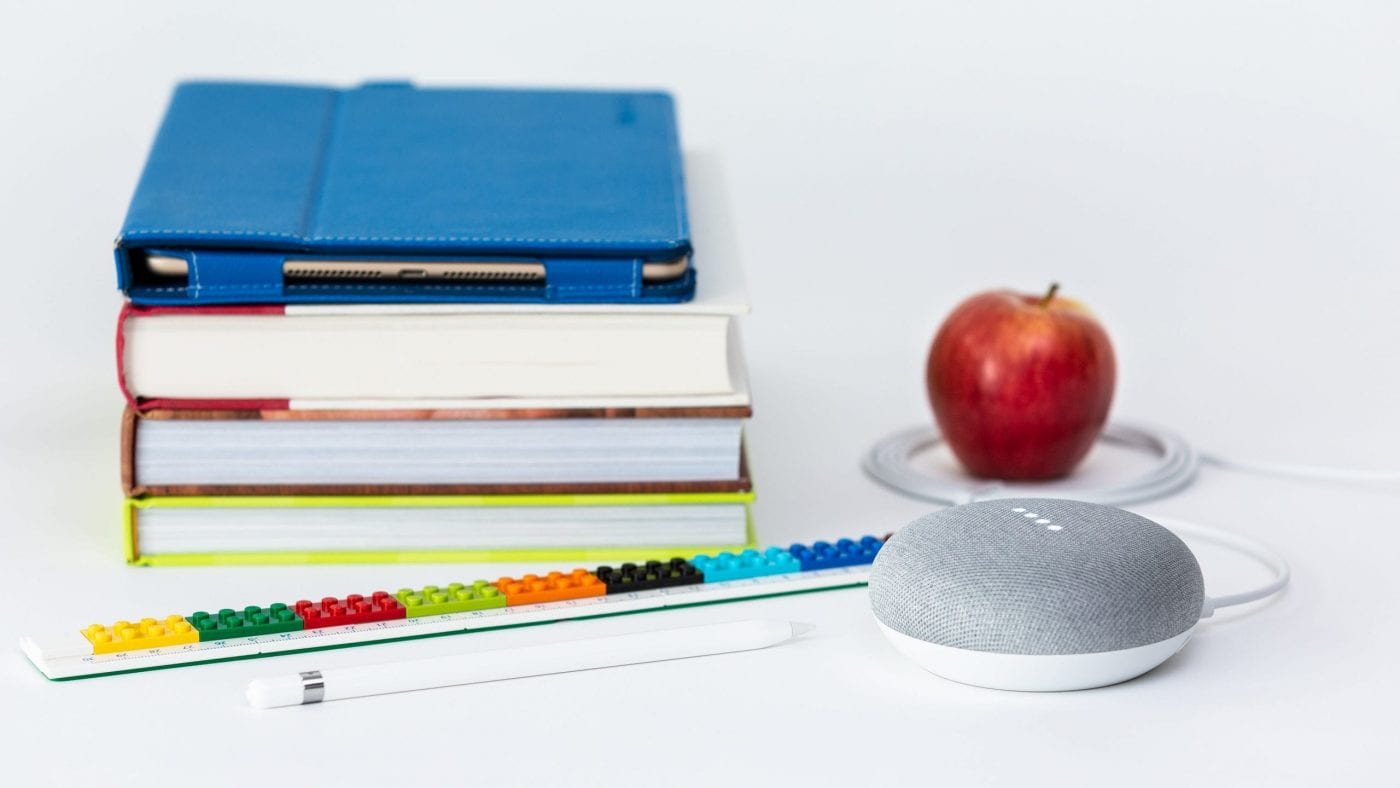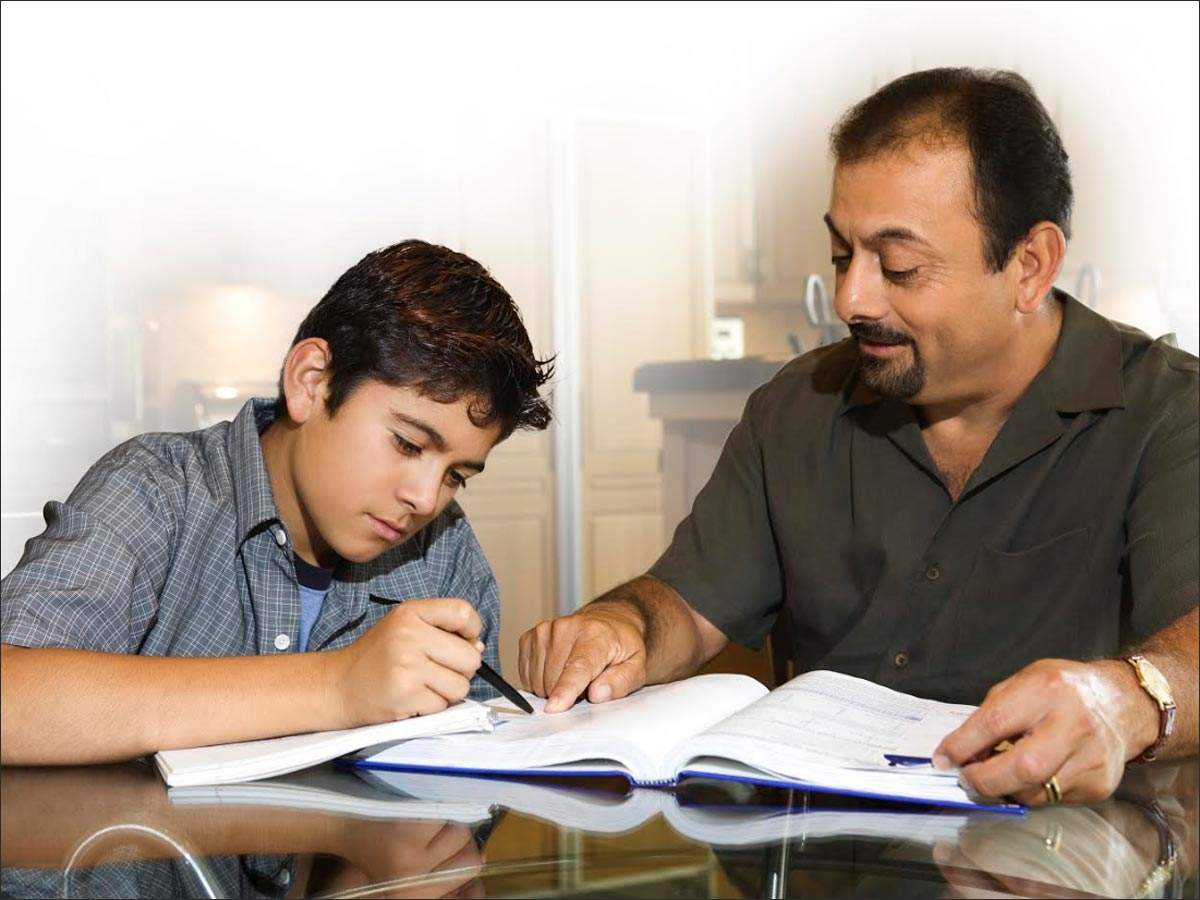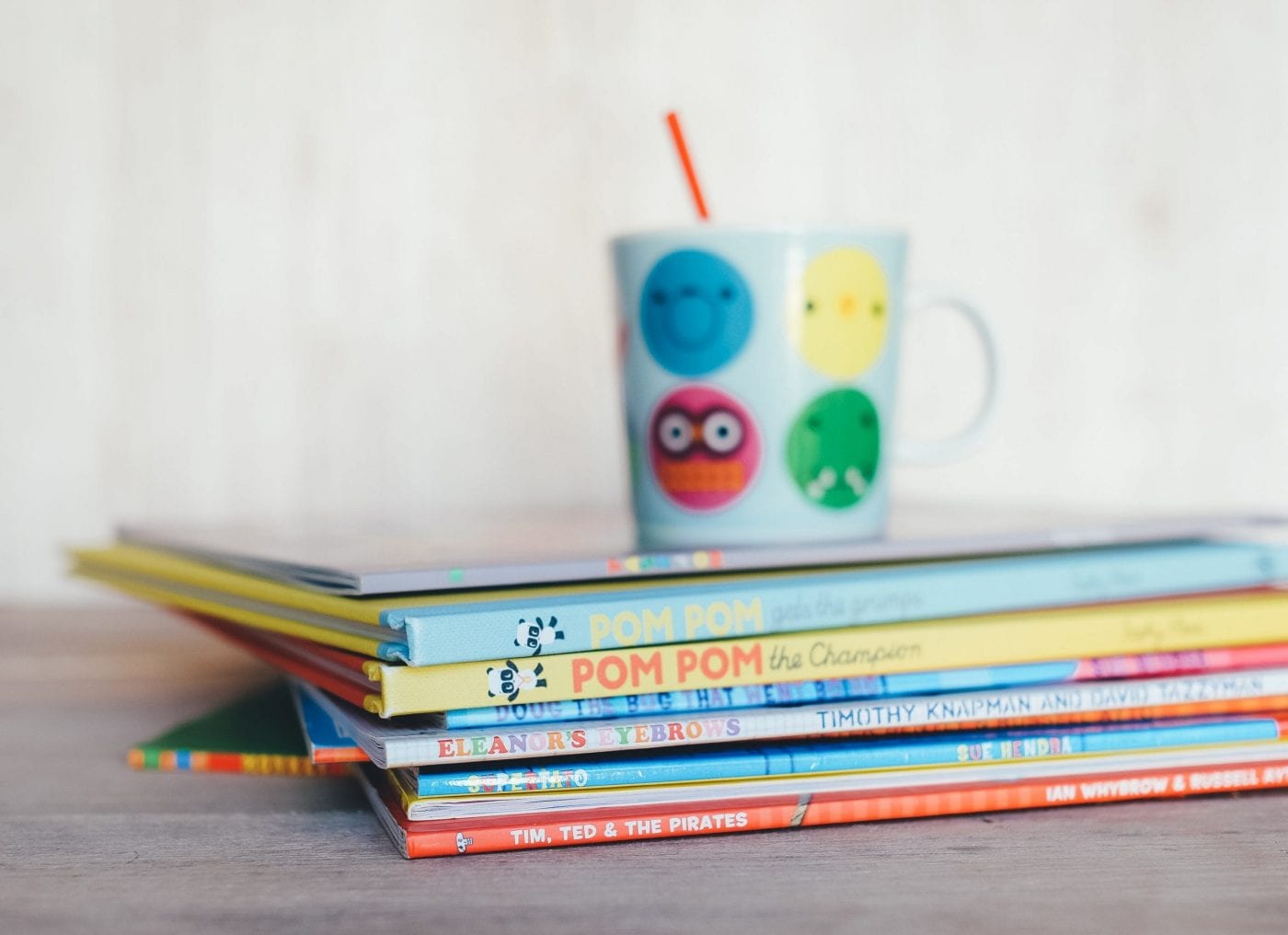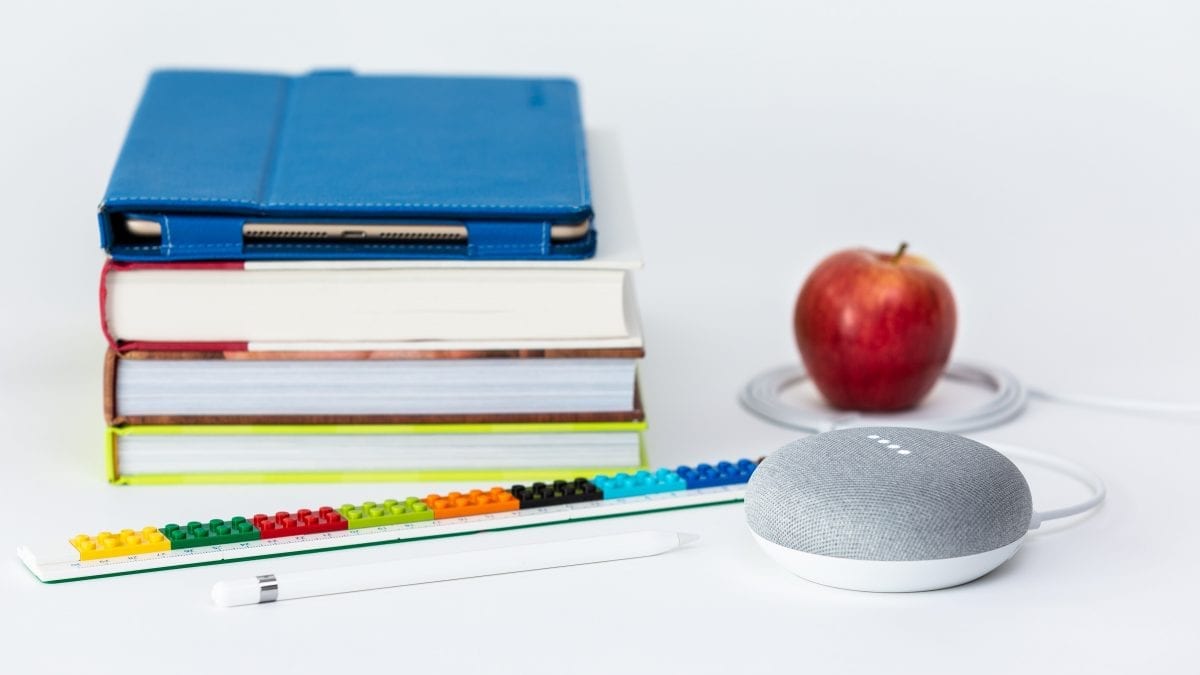Teaching at home is no easy task — read on for our tips to help you manage home schooling in the current, COVID-19 climate. Here’s how to be a home school hero!
Full disclosure, I’m not a parent and/or caregiver responsible for teaching kids at home right now. So, what makes me qualified to write on and share tips on teaching from home? I am a certified teacher with over ten years of experience teaching people of all ages (from kids to adults) in a variety of settings from classrooms to boardrooms and now more virtual settings. Taking that experience into consideration, I approach this content with some understanding around the common challenges faced due to school closures. I have empathy for everyone involved (from parents/caretakers to kids and teachers) because frankly, teaching/learning in a classroom isn’t always easy and teaching/learning from home can be even harder.

What we need to keep at the forefront of our minds when it comes to COVID-19 is that everyone is navigating through to the best of their capabilities and level of awareness. The impact of school closures and “teaching from home” conjures up a range of reactions, emotions and opinions and we must create space to hear and honour our similarities and differences. It’s a challenging situation and millions worldwide have different circumstances; some are suddenly working from home and trying to home school, others are unemployed and have added financial stress, and some have teachers who have been adapted quickly while others feel they are not receiving adequate support from schools.
What’s the common thread regarding education and during the COVID-19 crisis? Those involved are all trying to navigate through new territory, adapt to changes and may be worried on the impact school closures are having on education. We want the kids in our communities to thrive but may feel overwhelmed on how to support them.
What can we do to make it easier for ourselves and our new “students?” Read on for tips to help you “teach” from home:
Manage expectations: Are your good intentions to stay on top of everything during COVID-19 creating an environment of unrealistic expectations for yourself and/or your kids? No one can have it altogether all the time. We aren’t saying don’t aim high, but we are saying pay close attention to the bar you’re setting for yourself these days. Most of you are not teachers and are not going to be able to get through the daily curriculum that was taught in schools. If your kids can get through even 1-3 hours of formal schoolwork a day (e.g. reading, writing, worksheets, etc.) that’s a huge victory. Be gentle with yourself and those around you — you’re navigating through a pandemic, not in a productivity contest.
Celebrate success: The Negativity Bias is a science-based thought process (the human tendency to focus on and/or retain the negative compared to the positive. In simplified terms, it’s a 1:3 ratio — for every 1 negative experience, we need 3 positives to balance it). In a way, it’s human nature to focus on what we aren’t doing well. Make a conscious effort to change that. Every night celebrate success with your kids — focus on daily things eating lots of vegetables or completing an hour of math homework, whatever it may be, end the day with a feeling of accomplishment on the forefront of everyone’s mind. Go to bed looking forward to celebrating the success the next day will bring (instead of a fear of failure).

Work with the space you have: Our homes are now our classrooms, offices, restaurants, playgrounds, movie theatres, you name it, it’s now happening in the house. Whatever the size of your space, use creativity and consistency to help break it down. Discuss with your kids on the best spot for them to complete school work; if it’s on the kitchen table, that’s okay, just choose a spot that they can get mentally used to (if possible, avoid any spots with direct view of a television and/or in which they are lying down). Get them involved in creating fun, space sign(s) to distinguish when and what the space is used for. For example, if they are studying on the kitchen table, put up a small, paper sign that reads “Classroom,” “Math Class,” etc. this helps distinguish the different ways the space is being used.
Add a “Calm Down Corner”: Frustration, anger and tantrums are real. Identify a consistent space kids can go to (or will be sent to) when things are getting heated; remember it doesn’t have to be a big place, a corner or spot facing a wall can work. Remind kids the space is always there for them – it doesn’t have to be a “bad” corner or just for “punishment,” make sure they understand they can go there at any time, on their own free will if/when they feel they need some quiet time or to calm down.

Create a weekly (or daily) schedule: A physical schedule/calendar for your household somewhere easy to read is a good idea to add structure to the week. Be flexible and talk to your family about it – make it together. Acknowledge that things may happen outside of your control that changes it as the week goes on but it’s still important to have a general plan everyone can commit too. This can also be helpful in establishing spaces and noise levels for fuller households. Remember kids are used to having a daily schedule at school so even if they resist at first, stay with it and they will get used to it again (they will be more open to it if you get them involved in building some of it). If you have little ones, have some fun by having them do “daily announcements” where they read the plan for the day out loud.
Set scheduled “movement” times: Kids are going through a big change in adapting to being home all-day with minimal outdoor activity and social contact. That may have them feeling restless and have you feeling like they have added energy both of which will make it harder for everyone to concentrate. Remember, schools have set recess times for a reason especially for younger kids – the little energizer bunnies need to know when they will get to let it all out.
Screen time has drastically increased so get them moving (beyond TikTok). Be firm on daily exercise but flexible in the approach/format. Some suggestions: schedule “dance” breaks, or an alarm that goes off every two hours for them to run in one-spot and/or do jumping jacks, go for a physical distanced walk outside or in the backyard, whatever it takes, main priority is they move.

Let them help: Circling back to the first tip, you cannot do it all, all the time (especially by yourself). With everyone at home, cooking and cleaning may feel like it’s tripled the past few weeks.
Get kids involved using age appropriate tasks and don’t feel guilt about it — learning life skills are just as important (if not more) then learning academic skills. Perhaps the formal algebra skills will take a hit during COVID-19 but there’s added opportunity to teach work ethic, responsibility and adaptability.
Shift language from “chores” which automatically can sound boring and/or punitive to “tasks of love” that everyone is doing to keep the house a happy, comfortable space (we got this great care taking/teaching tip from award-winning coach and author Paula Vital, Founder of Live the Present).
Integrate fun in the tasks as well — it’s may be a rare opportunity to spend this much time together as a family so blend work and play together. For example, kids can help set the family “menu” for the day and/or week and then work as a “sous-chef” by supporting food prep for a few meals of their choice. Fuse dancing and cleaning together (a mop can be a great “mic”). Schedule 1-2 minutes of “jumping on the bed” before they must make it, playfully dump the laundry on them before they help fold it (I loved the smell and feeling of warm clothes when I was a kid and still do), be creative but take their help; it’s good for all of you.

Communicate with other parents: Reach out to other parents in your community/neighbourhood and don’t be shy to share your challenges — it’s more helpful to all of you to be real (and not pretend to be fine and/or perfect).
Use virtual platforms like Zoom to speak, connect and or take “shifts” where one of you can be online to help oversee study sessions and/or lead kids through activities (e.g. maybe your neighbour is a certified yoga instructor and you don’t even know it; they can lead a group through virtual yoga once a week and you can lead one through math, etc.). We all have different talents — by taking the time to speak with those around us and find out how we can support each other, we can save ourselves time in the long run and keep a variety of activities going for our kids.
Main Image Photo Credit: Thomas Kolnowski/Unsplash
Rachna Sethi
Author
Rachna (@thesassyspiritual) is a graduate of the Applied Mindfulness Meditation program from the University of Toronto, a certified Educator with two bachelor degrees and a diploma in Art Therapy. She's dedicated to living with a compassionate approach. Committed to helping people integrate Mindfuln...


















































































































